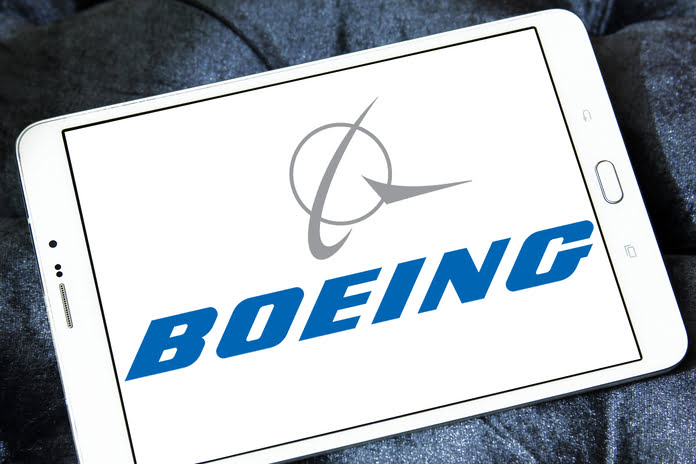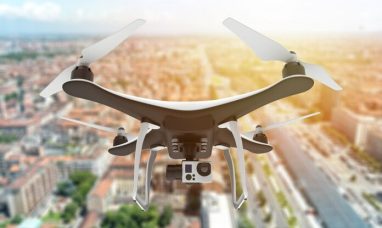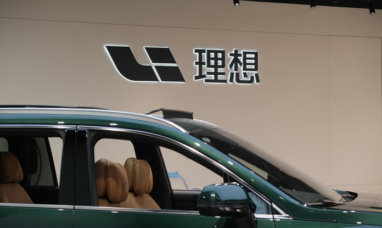Boeing Co (NYSE:BA) announced on Monday that it will create a research and development (R&D) facility in Japan to promote sustainable aviation fuel (SAF) and electric and hydrogen aircraft technology development. The facility will also concentrate on robotics, digitization, automation, and carbon fiber composite materials for the aviation industry, according to a press release from the U.S. aircraft maker.
The U.S. aircraft manufacturer said in a press release that the facility would also focus on robotics, digitalization, automation, and carbon fiber composite materials for the aviation industry. The global aviation industry’s goal of net zero emissions by 2050 mainly depends on its capacity to create more SAF. Still, electric and hydrogen-powered aircraft could also contribute to emissions reductions. SAF, which is currently in short supply and substantially more expensive than conventional jet fuel, requires substantial investment. SAF utilizes animal fat and cooking oil as feedstock.
The global aviation industry’s goal of net zero emissions by 2050 is mainly dependent on its capacity to create more SAF. Still, electric and hydrogen-powered aircraft could also contribute to emissions reduction SAF, which uses feedstocks such as animal fat and cooking oil and is currently in short supply and considerably more expensive than conventional jet fuel, requires substantial investment from the industry. The industry hopes that by 2050, SAF production will contribute to 65% of all fuel requirements, up from less than 0.5% in 2021. Japan lacks SAF production at present, although ANA Holdings Inc and Japan Airlines Co Ltd have committed to meeting 10% of their fuel demand with SAF by 2030, by a legislative mandate.
French oil and gas giant TotalEnergies SE and Japanese rival ENEOS Holdings Inc announced a feasibility study to evaluate the production of SAF at ENEOS’s Negishi refinery in Yokohama in April. It has the potential to commence production in 2025, with an annual capacity of 300,000 tons. Boeing (NYSE: BA) promised to have all its aircraft certified to fly on SAF by 2030.
Featured Image: Megapixl @Mohammedsoliman4















